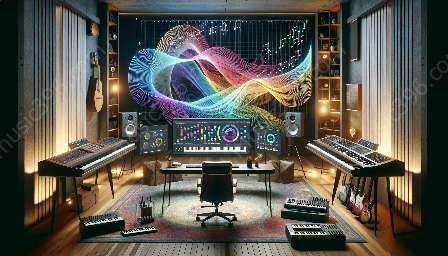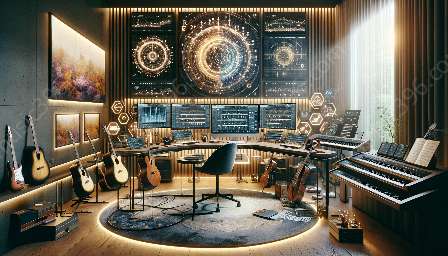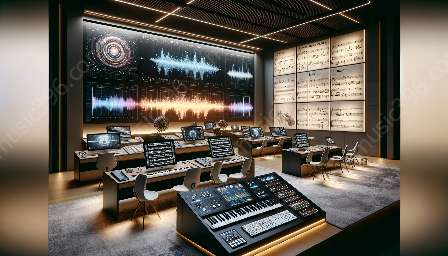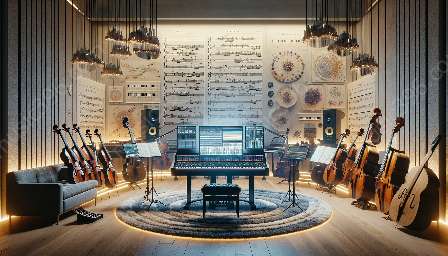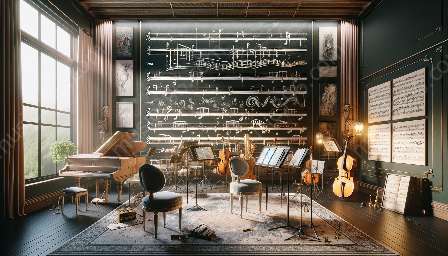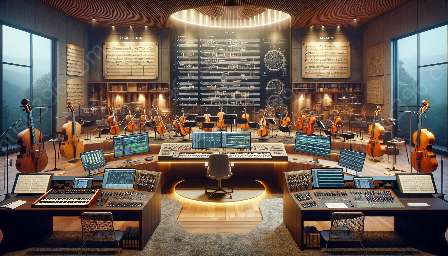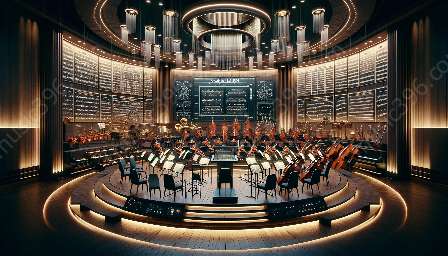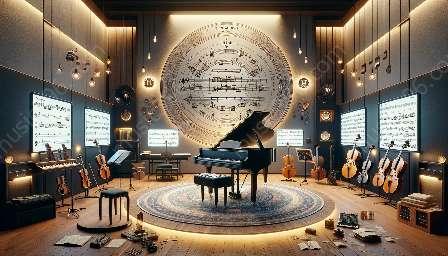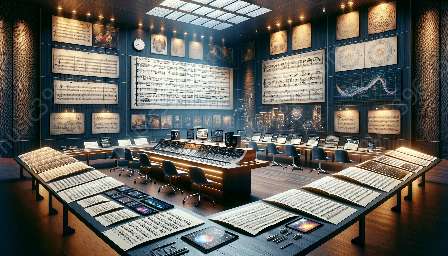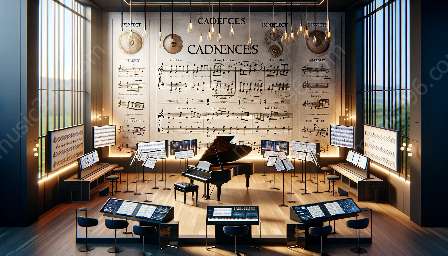Ensemble scoring professionals play a pivotal role in the music industry, utilizing their expertise in ensemble scoring techniques and music theory to create impactful soundtracks for a wide range of media. This comprehensive guide delves into the various career opportunities available to ensemble scoring professionals, highlighting the skills and qualifications needed to succeed in this dynamic field.
Introduction to Ensemble Scoring
Ensemble scoring involves writing music for multiple instruments or voices, arranged in a harmonious and complementary manner to create a cohesive and emotive musical composition. Professionals in this field possess a deep understanding of music theory, orchestration, and arrangement techniques, allowing them to craft intricate and evocative scores that enhance visual storytelling through music.
Career Pathways for Ensemble Scoring Professionals
1. Film and Television Scoring
One of the most prominent career paths for ensemble scoring professionals is to work in the film and television industry. Collaborating with directors and producers, these professionals create original scores or adapt and arrange existing music to accompany on-screen narratives, bringing emotional depth and resonance to cinematic experiences.
2. Video Game Music Composition
With the rapid growth of the gaming industry, there is a rising demand for skilled ensemble scoring professionals to compose captivating soundtracks for video games. From atmospheric background music to intense battle themes, these professionals contribute to the immersive gaming experience through their expertise in ensemble scoring.
3. Orchestration and Arrangement
Ensemble scoring professionals often find rewarding career opportunities in orchestration and arrangement, working with orchestras, choirs, and other musical ensembles. They collaborate with conductors and music directors to arrange and adapt musical pieces for performance, showcasing their proficiency in music theory and ensemble scoring techniques.
Skills and Qualifications
Exceling in the field of ensemble scoring requires a combination of technical skill, creativity, and a deep understanding of music theory. Professionals aspiring to pursue careers in ensemble scoring should possess the following skills and qualifications:
- Musical Proficiency: Mastery of multiple musical instruments and proficiency in music notation and score reading.
- Composition and Arrangement: Ability to create original musical compositions and skill in arranging existing music for various ensembles.
- Orchestration Expertise: A keen understanding of orchestration techniques and an ear for balancing and blending different instrumental timbres.
- Technology Proficiency: Familiarity with digital audio workstations (DAWs) and music notation software to create and edit musical scores.
- Collaborative Spirit: Effective communication and collaboration skills to work closely with directors, producers, and other creatives in the entertainment industry.
Educational Paths and Resources
Aspiring ensemble scoring professionals can pursue formal education in music composition, orchestration, and music theory through various academic institutions and online resources. Additionally, attending workshops, masterclasses, and industry events can provide valuable networking opportunities and exposure to the latest trends in ensemble scoring and music production.
Conclusion
Ensemble scoring professionals play a vital role in shaping the auditory landscape of film, television, and interactive media. By honing their skills in ensemble scoring techniques and music theory, individuals can embark on a fulfilling career path that allows them to immerse audiences in rich, emotive musical experiences across diverse media platforms.




